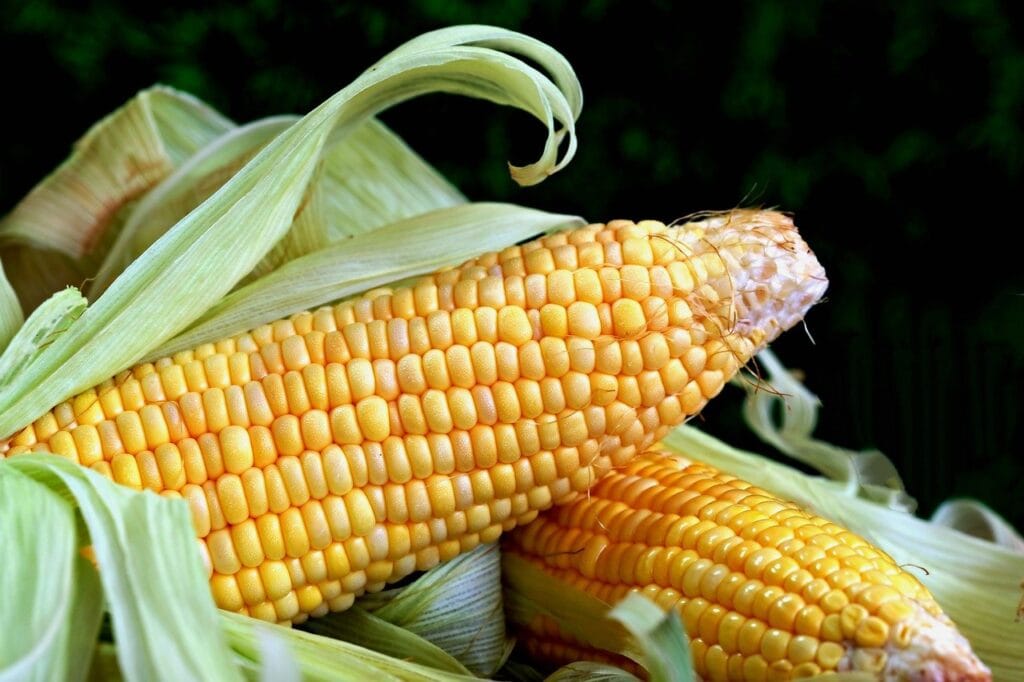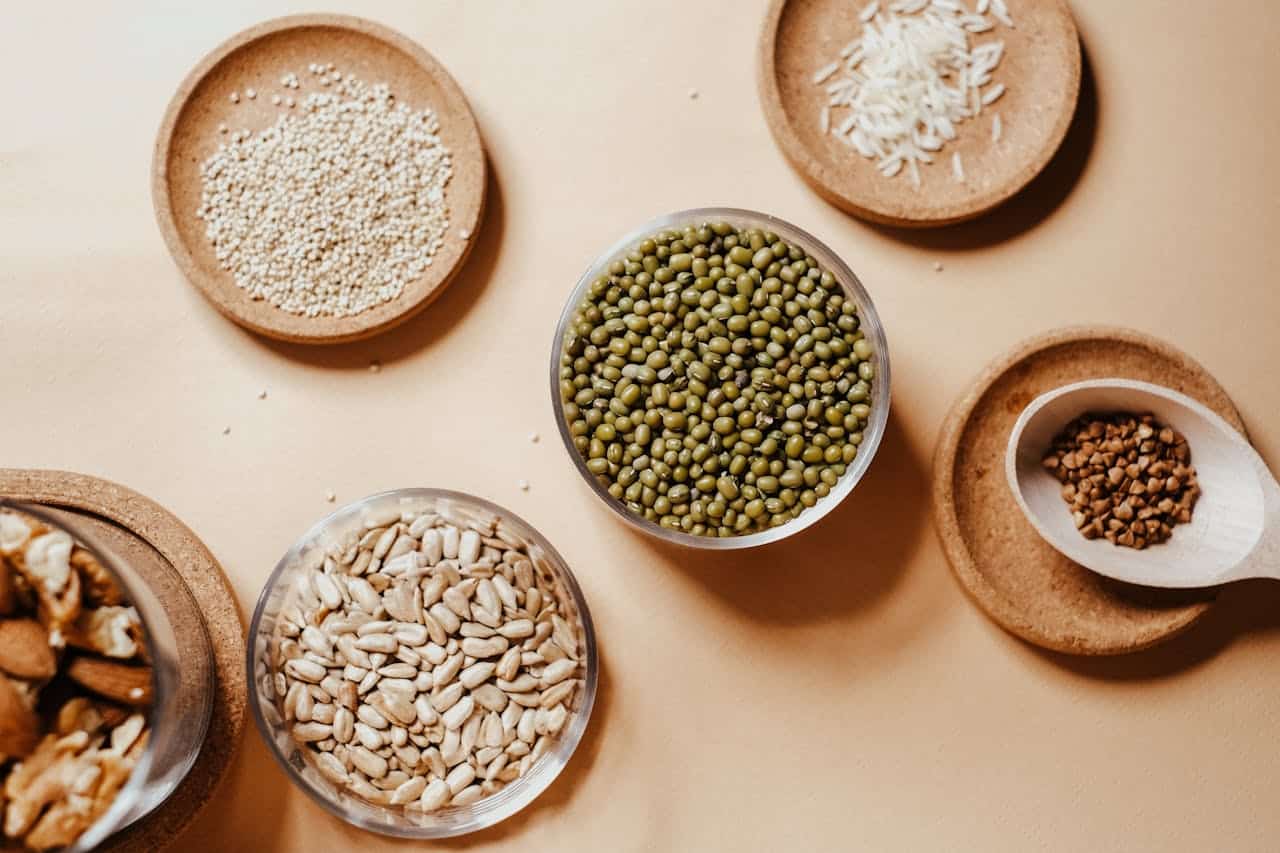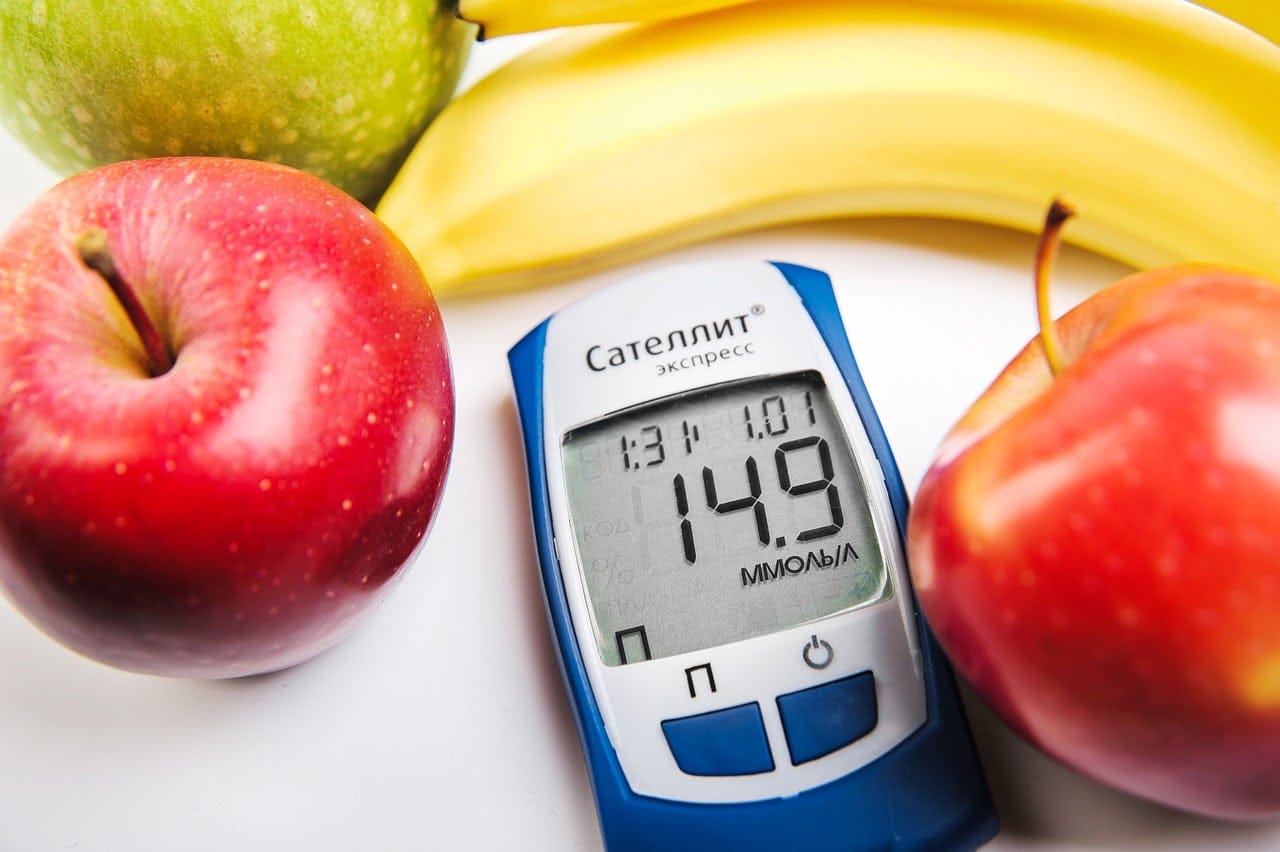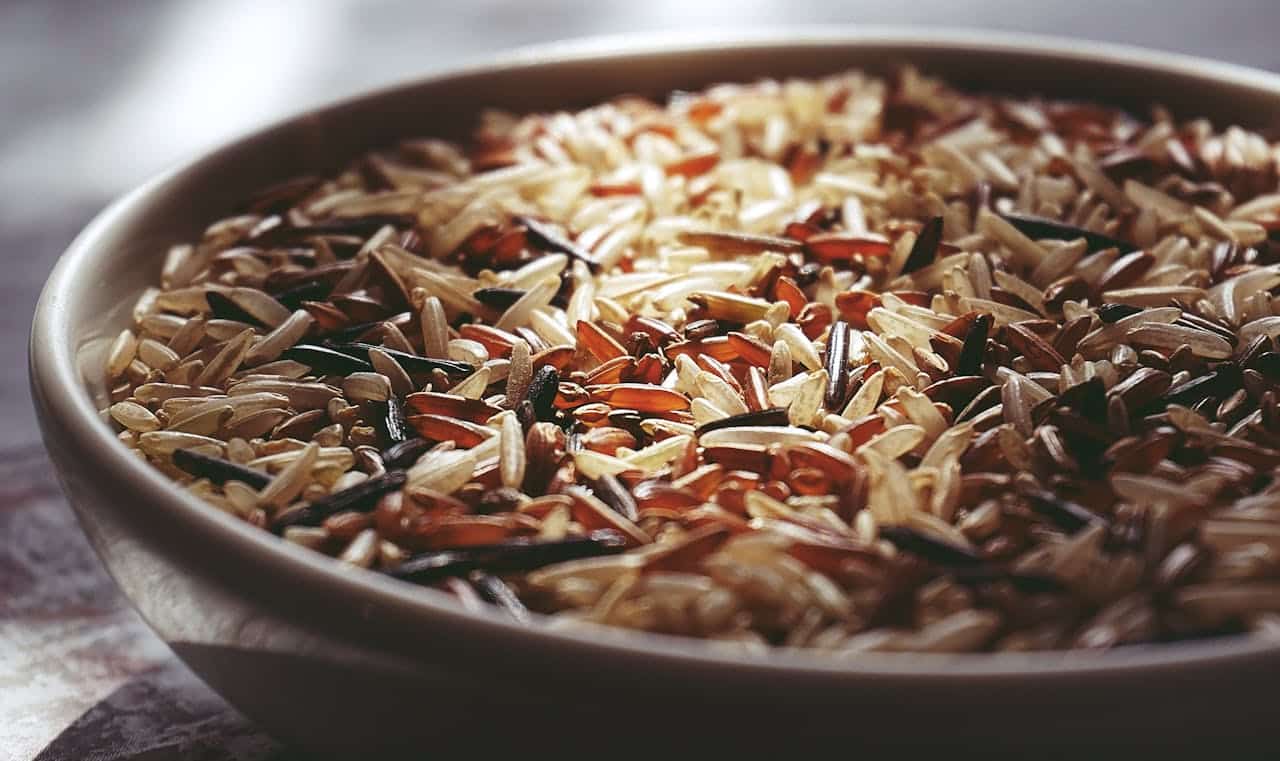Corn, a versatile grain enjoyed worldwide, offers a surprising array of health benefits. Often overlooked as a mere snack or side dish, this golden kernel packs a nutritional punch. Let’s delve into the reasons why incorporating corn into your diet can be a wholesome choice.

Corn is an excellent source of:
- Fiber: Essential for digestive health, corn contains both soluble and insoluble fiber. Soluble fiber helps regulate cholesterol levels, while insoluble fiber promotes regular bowel movements.
- Vitamins: Corn is rich in vitamins A, C, and B complex, which play crucial roles in vision, immune function, and energy metabolism.
- Minerals: This grain provides essential minerals like magnesium, potassium, and phosphorus, vital for bone health, blood pressure regulation, and muscle function.
- Antioxidants: Corn contains lutein and zeaxanthin, powerful antioxidants that protect your eyes from damage and reduce the risk of cataracts and macular degeneration.
Nutritional Value of Corn (100g)
| Nutrient | Amount |
| Calories | 96kcal |
| Protein | 3.4g |
| Fat | 1.5g |
| Carbohydrates | 21g |
| Fiber | 2.4g |
| Sugar | 4.5g |
| Vitamin A | 9% |
| Vitamin C | 5% |
| Calcium | 16% |
Health Benefits of Corn
Eye Health Protector
- Lutein and Zeaxanthin: Corn is a good source of these powerful antioxidants, which accumulate in the retina. They protect against harmful blue light, reducing the risk of age-related macular degeneration and cataracts.
Fiber Powerhouse
- Digestive Health: Corn is rich in both soluble and insoluble fiber. Soluble fiber helps regulate cholesterol levels by forming a gel-like substance in the intestines, while insoluble fiber adds bulk to stool, preventing constipation and promoting regular bowel movements.
- Gut Health: The insoluble fiber in corn acts as a prebiotic, nourishing beneficial gut bacteria. A healthy gut microbiome is essential for overall well-being, influencing digestion, immunity, and mental health.
Heart Health
- Cholesterol Reduction: The soluble fiber in corn can help lower LDL (bad) cholesterol levels, reducing the risk of heart disease
- Potassium: Corn contains potassium, a mineral essential for maintaining healthy blood pressure, another crucial factor in heart health
Nutrient-Rich
- Vitamins and Minerals: Corn provides a range of vitamins, including vitamin A, vitamin C, and B vitamins, as well as minerals like magnesium, phosphorus, and potassium. These nutrients support various bodily functions, from immune function to bone health.
- Antioxidants: Beyond lutein and zeaxanthin, corn contains other antioxidants that help protect cells from damage caused by free radicals.
Weight Management
- Fiber Content: The fiber in corn can contribute to weight management by promoting satiety and reducing overall calorie intake.
Gluten-Free
- Naturally Gluten-Free: Corn is a naturally gluten-free grain, making it a suitable option for individuals with celiac disease or gluten sensitivity.
Additional Benefits
- Blood Sugar Control: The fiber in corn can help regulate blood sugar levels, making it a beneficial choice for people with diabetes.
- Hydration: Corn has a high water content, contributing to overall hydration.
Important Note: While corn offers numerous health benefits, it’s essential to consume it in moderation as part of a balanced diet. The nutritional value can vary depending on the type of corn (sweet, yellow, white, etc.) and cooking method.
How corn helps in Diabetes management?
Corn can be a suitable addition to a diabetic diet when consumed sensibly. Its fiber content helps slow down sugar absorption, preventing blood sugar spikes. While corn has a moderate glycemic index, portion control is crucial. Combining it with protein and healthy fats can further stabilize blood sugar levels. However, individual responses vary, so monitoring blood sugar levels and consulting with a healthcare professional is essential for personalized dietary guidance.
How Corn helps in Weight Management?
Corn can be a valuable asset in weight loss efforts. Its high fiber content promotes satiety, keeping you feeling fuller for longer and reducing overall calorie intake. Additionally, corn is relatively low in calories compared to other starchy foods. By incorporating corn into your diet as part of a balanced meal plan, you can support weight loss goals while enjoying its nutritional benefits. Remember, portion control is key, and it’s essential to pair corn with other nutrient-dense foods for optimal results.
SUMMARY
Corn is a nutritious grain packed with fiber, vitamins, minerals, and antioxidants. It offers various health benefits including improved digestion, eye health, heart health, and weight management. While it can be enjoyed by people with diabetes, it’s essential to consume it in moderation and monitor blood sugar levels. Corn is also a gluten-free option and can be a satisfying addition to a balanced diet.
Follow Us on Instagram






